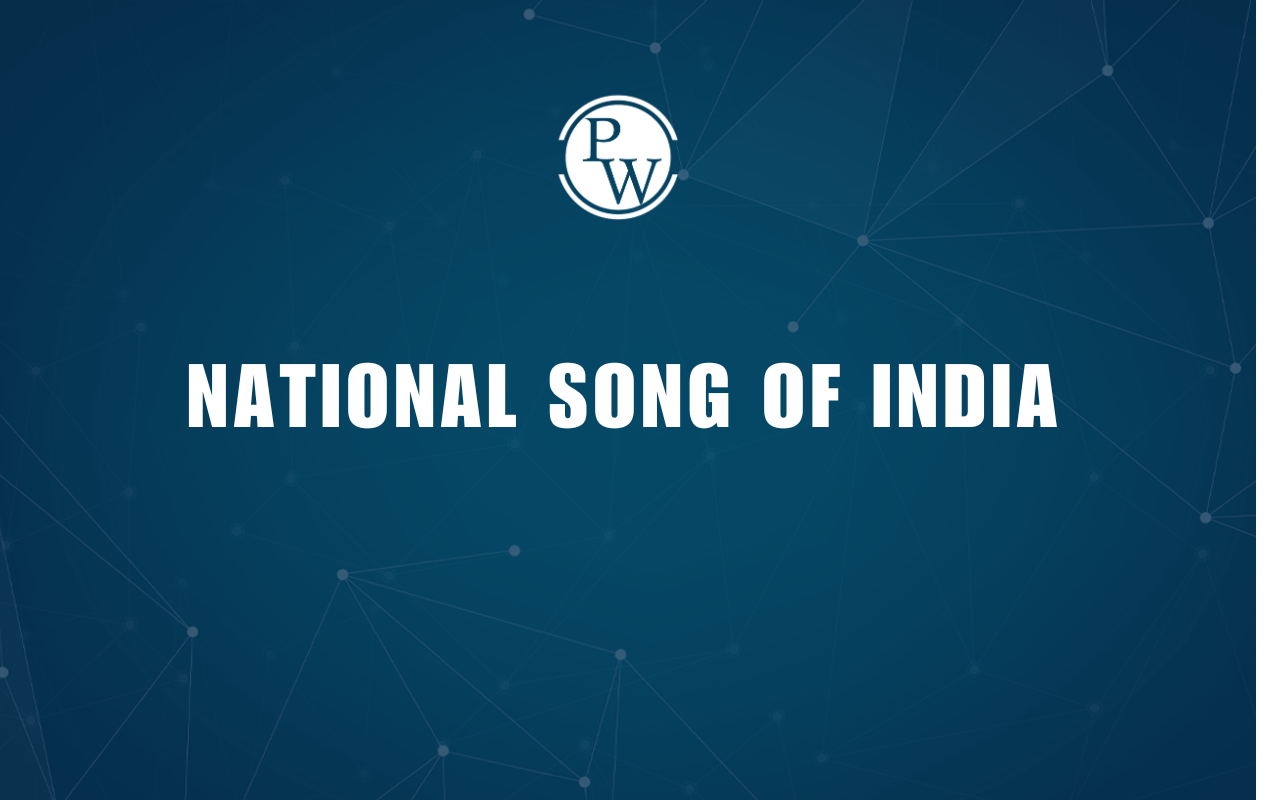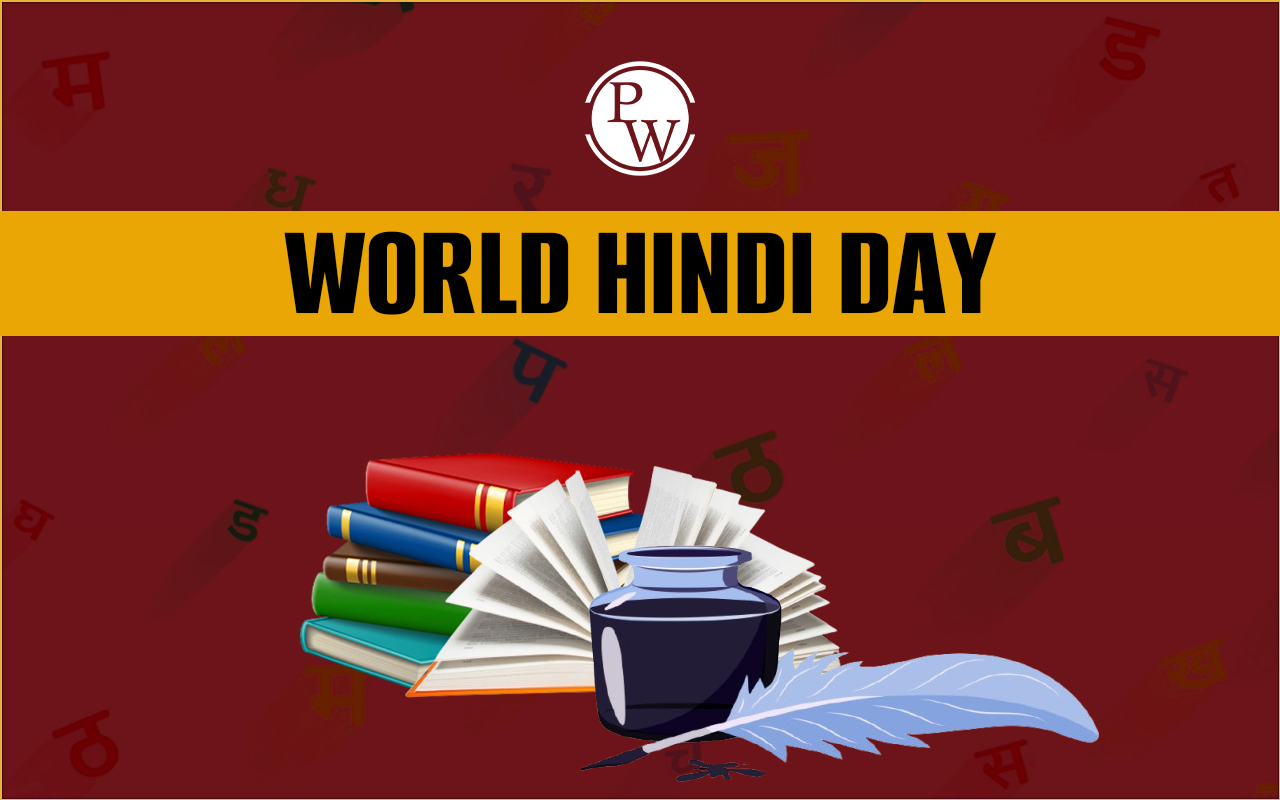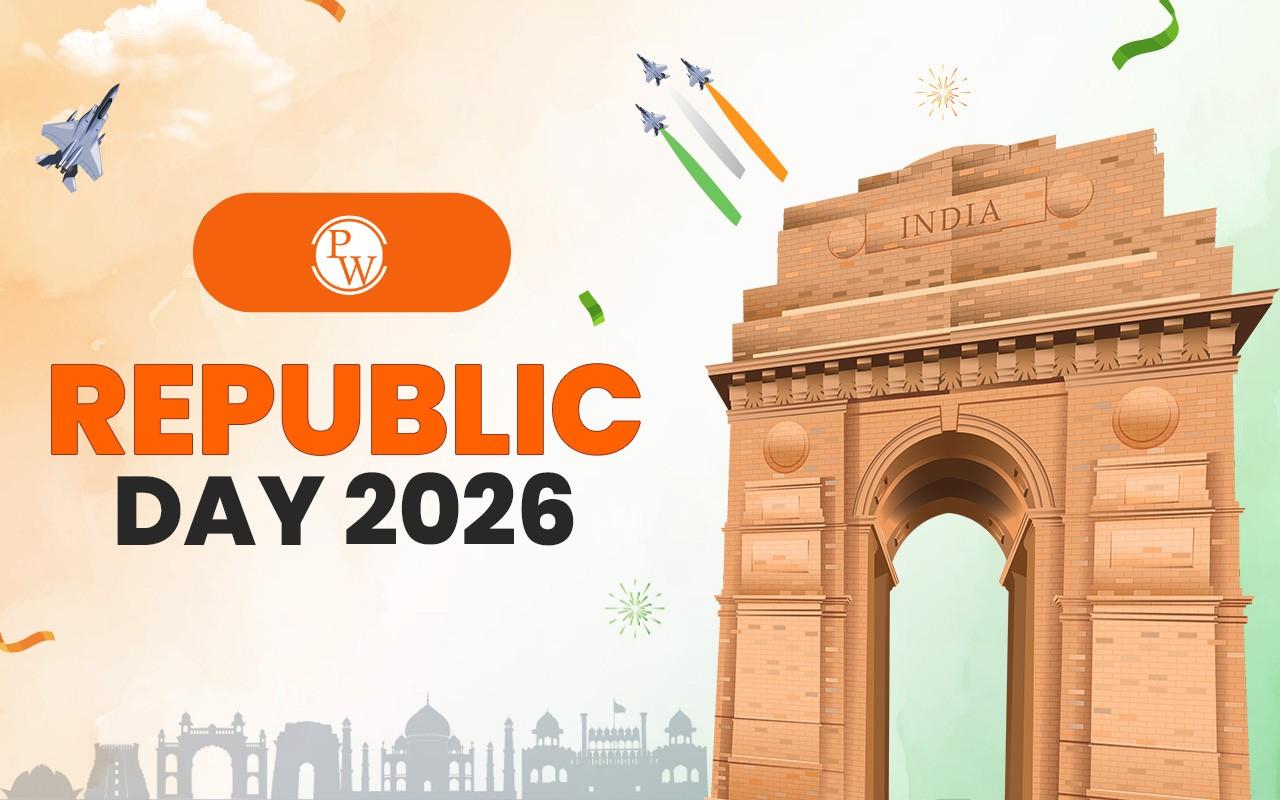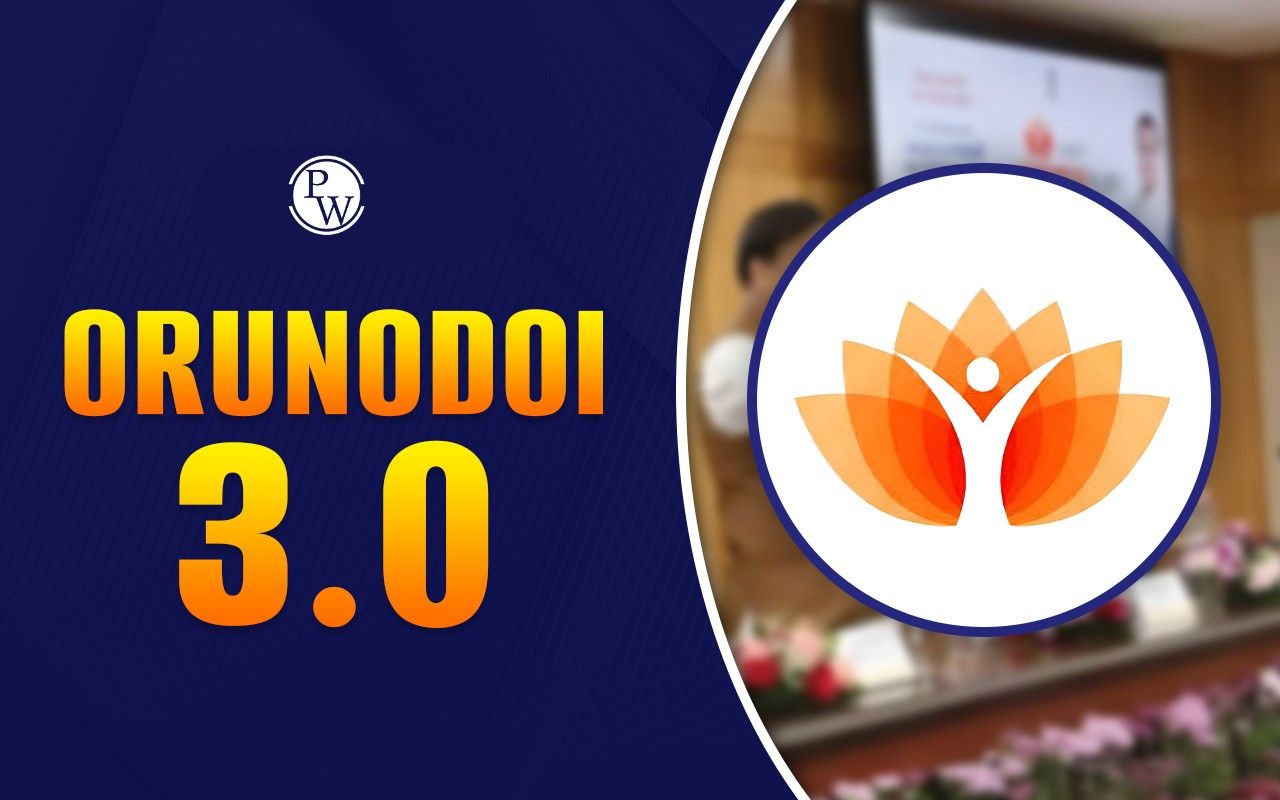
History Optional Strategy: Candidates often prefer History Optional in the UPSC Mains exam due to the overlap with GS subjects and the UPSC Prelims syllabus. However, many candidates can find this subject overwhelming due to its vast syllabus and highly factual nature.
Therefore, crafting an effective History Optional Strategy can make a significant difference in your performance. The essential aspects of preparing for history as an optional subject for UPSC Mains 2024 are discussed here to guide you.Gather History Optional Study Material
The first step in forming a History Optional Strategy is to gather comprehensive and reliable study materials. Start with the NCERT textbooks for classes VI to XII, which provide a solid foundation. Later move to standard History books for UPSC mains for in-depth coverage of various topics. Some of the must-read History Optional books are:- Ancient India by R.S. Sharma
- Medieval India by Satish Chandra
- India's Struggle for Independence by Bipan Chandra
- India Since Independence by Bipan Chandra
- A New Look at Modern Indian History by B.L. Grover and Alka Mehta
- World History by Norman Lowe
Formulate History Optional Strategy
Creating a well-structured History Optional Strategy involves a holistic approach. Starting with an understanding of the syllabus to finding out highly relevant topics from PYQs, candidates should ensure they do not leave any important aspects. A comprehensive History Optional Strategy may look like this:Understand the Syllabus
- A thorough understanding of the syllabus is the first step in preparation, according to the History Optional Strategy. The history syllabus for UPSC Mains is vast and includes four main sections:
- Ancient Indian History: Prehistoric cultures, Indus Valley Civilization, Vedic Period, Mauryan and Post-Mauryan Periods, Gupta Period, etc.
- Medieval Indian History: Early Medieval India, Sultanate Period, Mughal Period, Regional States, etc.
- Modern Indian History: British Expansion, Social and Cultural Developments, Indian National Movement, Post-Independence Consolidation, etc.
- World History: Industrial Revolution, World Wars, Colonization and Decolonization, Cold War, etc.
Make Topic Wise Notes
Given the vast syllabus, it won’t be possible to read books multiple times. Therefore, creating concise and structured notes is essential. Use bullet points to highlight key events, dates, and facts. Flowcharts can also help visualize the sequence of events and their interconnections. Incorporate diagrams and maps wherever necessary, especially for ancient and medieval Indian history. This helps with better retention and presentation during exams. Further, map-related questions are an integral part of the question paper; therefore, it is important to have a command over maps.Focus Analytical Knowledge
When reading about key historical events, analyze their impact such as socio-economic changes after the British Conquest. Avoid rote learning and instead focus on understanding the interconnections between events, ideas, and processes across different eras. For analytical understanding, identify the underlying causes and long-term consequences of major developments. Also, include different perspectives and interpretations by various historians in your notes to add depth to your answers.| Related Articles | ||
| UPSC Mains Admit Card | UPSC Optional Subject | UPSC Syllabus 2024 |
| UPSC Mains Exam Pattern 2024 | UPSC Mains Topper's Strategies | UPSC Result 2024 |
Learn Different Schools of Thought
Study different schools of historiography such as Marxist, Nationalist, and Cambridge schools. Understand their perspectives on various historical events. Note the viewpoints of prominent historians on significant topics that will enrich your answers. Critically analyze different interpretations and form a balanced view. This will help in writing well-rounded answers that reflect depth and understanding. For example, understand R.S. Sharma’s view on Ancient Indian history.Solve Previous Year's History Papers
History previous year papers will help you find out frequently asked topics and the focus areas in this optional subject. Therefore, analyzing previous year papers should be a crucial part of your History Optional Strategy. Categorize questions into themes such as factual and analytical to prepare accordingly. Regularly practice writing answers to chapter-wise previous year questions. This helps in understanding the demand of the questions and framing answers accordingly.Regular Revision and Answer Writing
Topics like Ancient, Medieval, and Modern Indian History have direct relevance to GS Paper I. Therefore, revising as many times as possible will help you remember key events relevant to GS 1 and optional papers. Create a revision schedule that covers the entire syllabus periodically. Enroll in a test series or participate in regular tests in your coaching class to keep track of your progress and identify areas that need improvement. Carefully go through the feedback and evaluation provided by the test series. Work on the suggestions to improve your performance.History Optional Strategy: Do’s and Dont’s
Certain guidelines in the History Optional Strategy must be followed by aspirants to score 275+ marks in the UPSC Mains. These dos and don'ts areDo’s
- Focus on Conceptual Clarity: Ensure a clear understanding of historical events, causes, and consequences. Focus on the analysis and interpretation of historical facts rather than rote memorization.
- Use Limited Sources: Refer to limited sources based on the syllabus. This will help you develop a comprehensive understanding of the syllabus while saving precious time.
- Incorporate Historians’s Views : Understanding different interpretations and schools of thought is crucial. These perspectives can enrich your answers to present the depth of knowledge.
- Practice Maps: Regularly practice historical maps due to their relevance in the exam. Using maps enhances your answer quality and improves presentation to fetch good marks.
Also Read: How to Solve Case Studies for UPSC Mains
Don’ts
- Avoid Overloading with Material: Do not try to read too many books. Stick to a few standard sources and revise them thoroughly.
- Don’t Ignore Maps: Map questions are an integral part of the history optional paper. Practice map marking regularly and be familiar with significant historical sites and their locations.
- Avoid Superficial Reading: Deep and thorough reading is essential. Avoid skimming through topics. Ensure you understand the depth and breadth of each topic.
- Don’t Neglect Previous Year Papers : Ignoring previous year papers is a common mistake. Analyze them thoroughly to get insights into the type and pattern of questions asked.
Why Guidance is Necessary in History Optional?
Many candidates wonder if should they join coaching or do self-study. While self-study is possible, having guidance in History for UPSC Mains is crucial for several reasons:- Complexity of Syllabus: The vast syllabus requires focused study strategies.
- Understanding Themes: Expert guidance helps in grasping key historical themes and concepts.
- Answer Writing Skills: Mentors provide insights into effective answer structuring and presentation.
- Previous Trends: Experienced mentors can highlight important topics based on past papers saving your efforts.
| Best UPSC History Optional Course | |
| UPSC Optional History (Hinglish) 2024/2025 | Click Here |
History Optional Strategy FAQs
How to approach history optional for UPSC Mains 2024?
Start with NCERT textbooks, then move to standard reference books, make concise notes, and practice answer writing regularly.
How to score good marks in the history optional?
Focus on conceptual clarity, incorporate historians' views, practice map marking, and revise frequently.
How much time is required to cover history optional?
Typically, it takes around 5-6 months of dedicated study to cover the history optional syllabus comprehensively.
What are some essential elements of the History Optional strategy?
Understanding the syllabus, making topic-wise notes, focusing on analytical knowledge, learning different schools of thought, and solving previous year's papers.
Talk to a counsellorHave doubts? Our support team will be happy to assist you!

Check out these Related Articles
Free Learning Resources
PW Books
Notes (Class 10-12)
PW Study Materials
Notes (Class 6-9)
Ncert Solutions
Govt Exams
Class 6th to 12th Online Courses
Govt Job Exams Courses
UPSC Coaching
Defence Exam Coaching
Gate Exam Coaching
Other Exams
Know about Physics Wallah
Physics Wallah is an Indian edtech platform that provides accessible & comprehensive learning experiences to students from Class 6th to postgraduate level. We also provide extensive NCERT solutions, sample paper, NEET, JEE Mains, BITSAT previous year papers & more such resources to students. Physics Wallah also caters to over 3.5 million registered students and over 78 lakh+ Youtube subscribers with 4.8 rating on its app.
We Stand Out because
We provide students with intensive courses with India’s qualified & experienced faculties & mentors. PW strives to make the learning experience comprehensive and accessible for students of all sections of society. We believe in empowering every single student who couldn't dream of a good career in engineering and medical field earlier.
Our Key Focus Areas
Physics Wallah's main focus is to make the learning experience as economical as possible for all students. With our affordable courses like Lakshya, Udaan and Arjuna and many others, we have been able to provide a platform for lakhs of aspirants. From providing Chemistry, Maths, Physics formula to giving e-books of eminent authors like RD Sharma, RS Aggarwal and Lakhmir Singh, PW focuses on every single student's need for preparation.
What Makes Us Different
Physics Wallah strives to develop a comprehensive pedagogical structure for students, where they get a state-of-the-art learning experience with study material and resources. Apart from catering students preparing for JEE Mains and NEET, PW also provides study material for each state board like Uttar Pradesh, Bihar, and others
Copyright © 2026 Physicswallah Limited All rights reserved.







